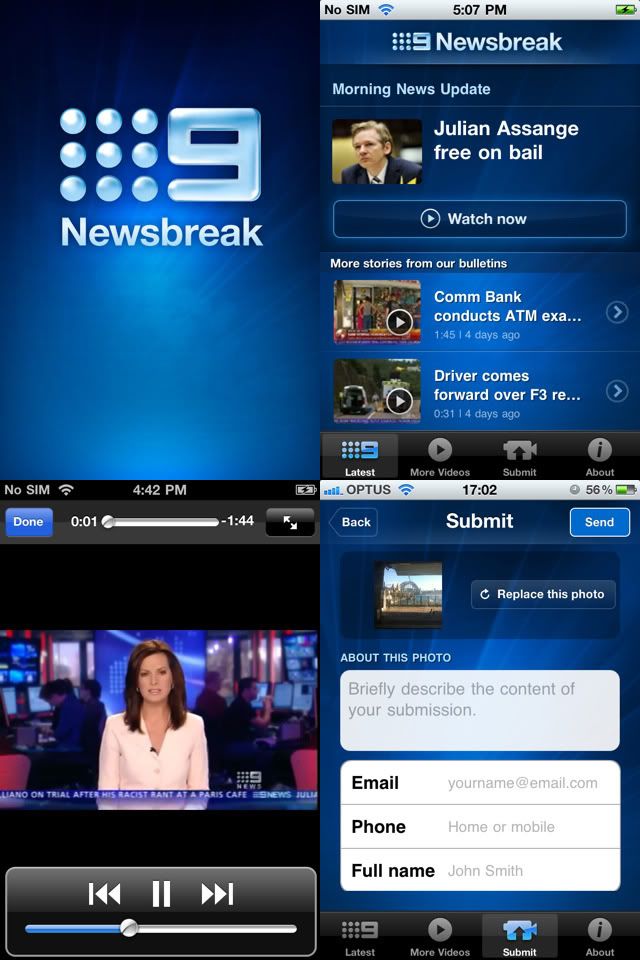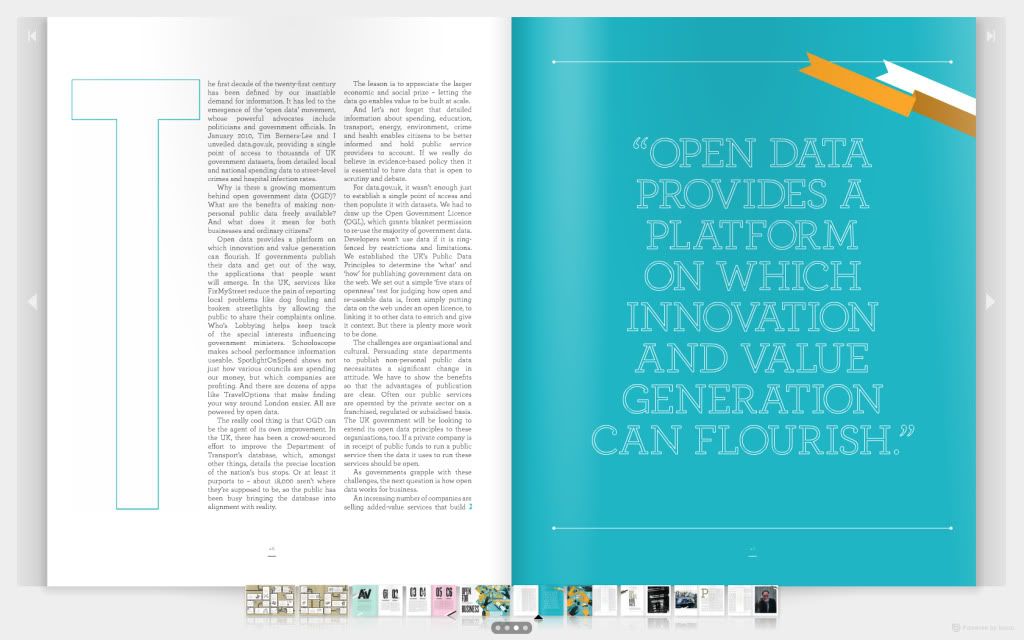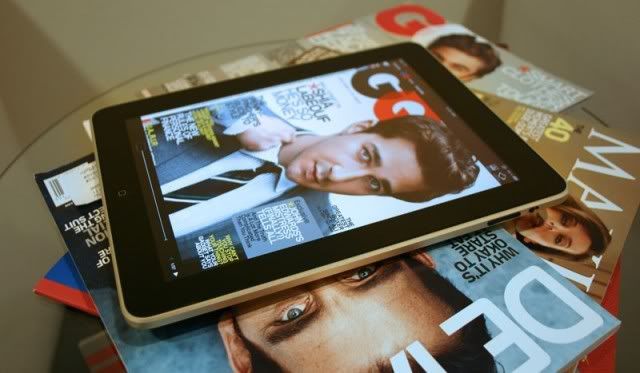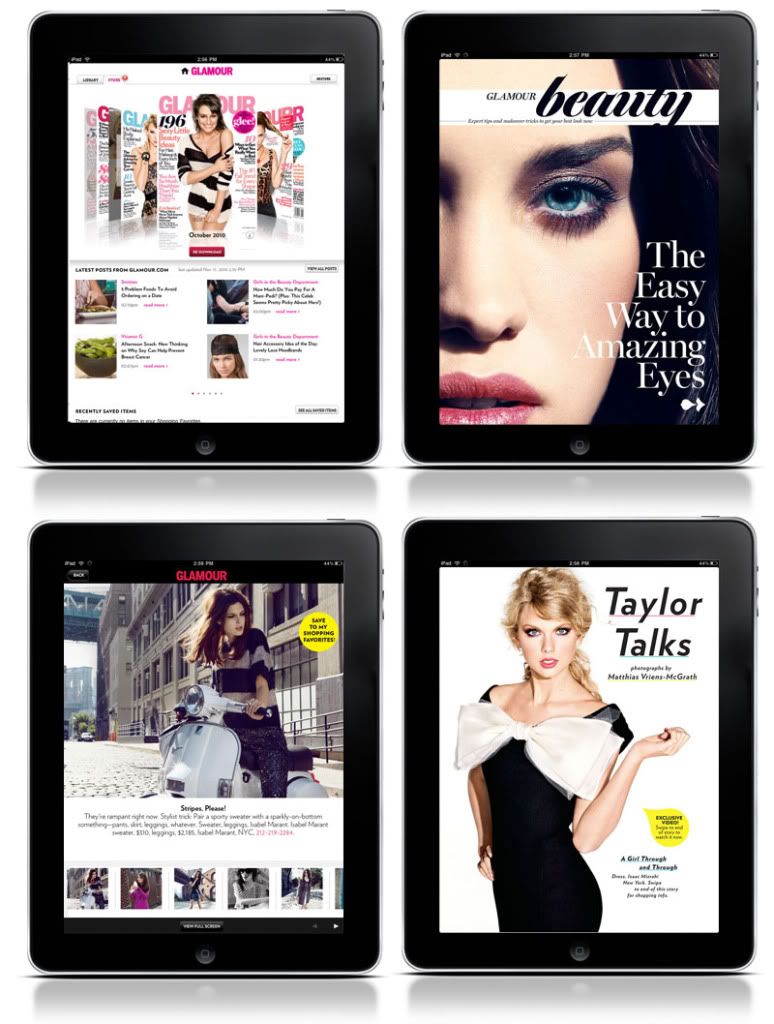 Women rule the internet.
Women rule the internet. At least according to
Aileen Lee's analysis on TechCrunch, and it's one firmly backed by all social networking sites (which have a tendency to make up most internet activity). Looking at the "four of the new 'horsemen' of the consumer web,
Facebook,
Zynga,
Groupon and
Twitter... the majority of all four properties' users are female." According to an early Facebook team member, "women played a key role in the early days by adopting three core activities – posting to walls, adding photos and joining groups – at a much higher rate than males."
On the other hand,
full-time blogger, Tim Donnelly, asks "where have all the dude blogs gone?" With the internet proliferating all the lady bloggers, Donnelly says that "just because bros throughout history have made a mess of things, repressed women, minorities, immigrants and the gaze doesn't mean there aren't those of us out there who have moved beyond all that and harbor modern-day issues just as complex as the girls". Dear super amazing writers whom happen to be the biological male sex, Please assist in this apparent gender imbalance on le internets.
In Washington,
a wave of prolific bloggers come of age in light of a relentless new media era. A 'Juicebox Mafia' of male bloggers (aha!) were merely sharing their opinions online before being recruited by traditional media outlets like
The Washington Times and cable news channel,
MSNBC. Indeed, it highlights a rising generation of content makers who "rerouted the aspirations of young journalists... for whom a job in print media was once the holy grail."
The Wall Street Journal has launched single issue downloads through iPad... and that sound you hear is Apple taking their 30% share of all WSJ sales made through the App Store. Fun, fun, fun.
 Speaking of apps, Ninemsn and Nine News have released an iPhone app called Nine Newsbreak
Speaking of apps, Ninemsn and Nine News have released an iPhone app called Nine Newsbreak for consumers to contribute to their own news. Oh. But what about the Android and Blackberry users?
*sadface* That said, one wonders if the
new Australian shield laws also extend to any citizen journos who emerge as a result of this app.
Media Week has compiled the top mobile magazine innovations for the year so far. Granted, we're barely three months into 2011, but every media junkie and their goat knows how fast technology goes.
The Guardian has appointed its first mobile editor, Subhajit Banerjee, who'll look after content and news across
The Guardian's suite of apps and mobile sites, as well as blog about technology.
Still on newspapers and mobile,
The Poynter Institute dissects the New York Times' subscription plan – and, hey, lookie! It promotes mobile technologies, not necessarily print revenue, as many would believe. By targeting consumers via mobile devices, they're still aiming to retain their readership and audience – and will possibly even
*gasp* circumvent Apple's 30% cut for every
NY Times app subscriber.
As if that isn't enough,
here are three ways Twitter could make newspapers obsolete (via
Media Bistro).
But there's still hope!
News portals are fast climbing the ranks of capturing consumer attention, according to Roy Morgan research on internet usage. While Google and Facebook took out the top spots, Telstra,
news.com.au and sites under
Fairfax Digital were not far behind in the list of sites Australians visited the most last quarter of 2010. Andrew Braun, director of mobile, internet and technology for Roy Morgan believes, "this may indicate Australians' desire for familiarity and trust when choosing content to consume."
Community managers are also being primed into the news industry, with
Media Bistro outlining the case to consider such a role in engaging the dynamic audiences of today. Newspapers, take note!
The folks at Paid Content commiserate over the difficulties in monetising video content. Fickle consumers, might you assist in shedding light on this conundrum?
The first issue of Google's online magazine THINK Quarterly has emerged. This magazine is so delicious that I actually want it in tangible print. The cool flipbook bit of the site (a.k.a the only thing that pays homage to the traditional magazine form) will unfortunately not run on mobile Apple devices like the iPad, seeing as Steve Jobs is rather frowny-face when it comes to Flash software. Le sigh: why is life so hard, Mr Jobs?














































